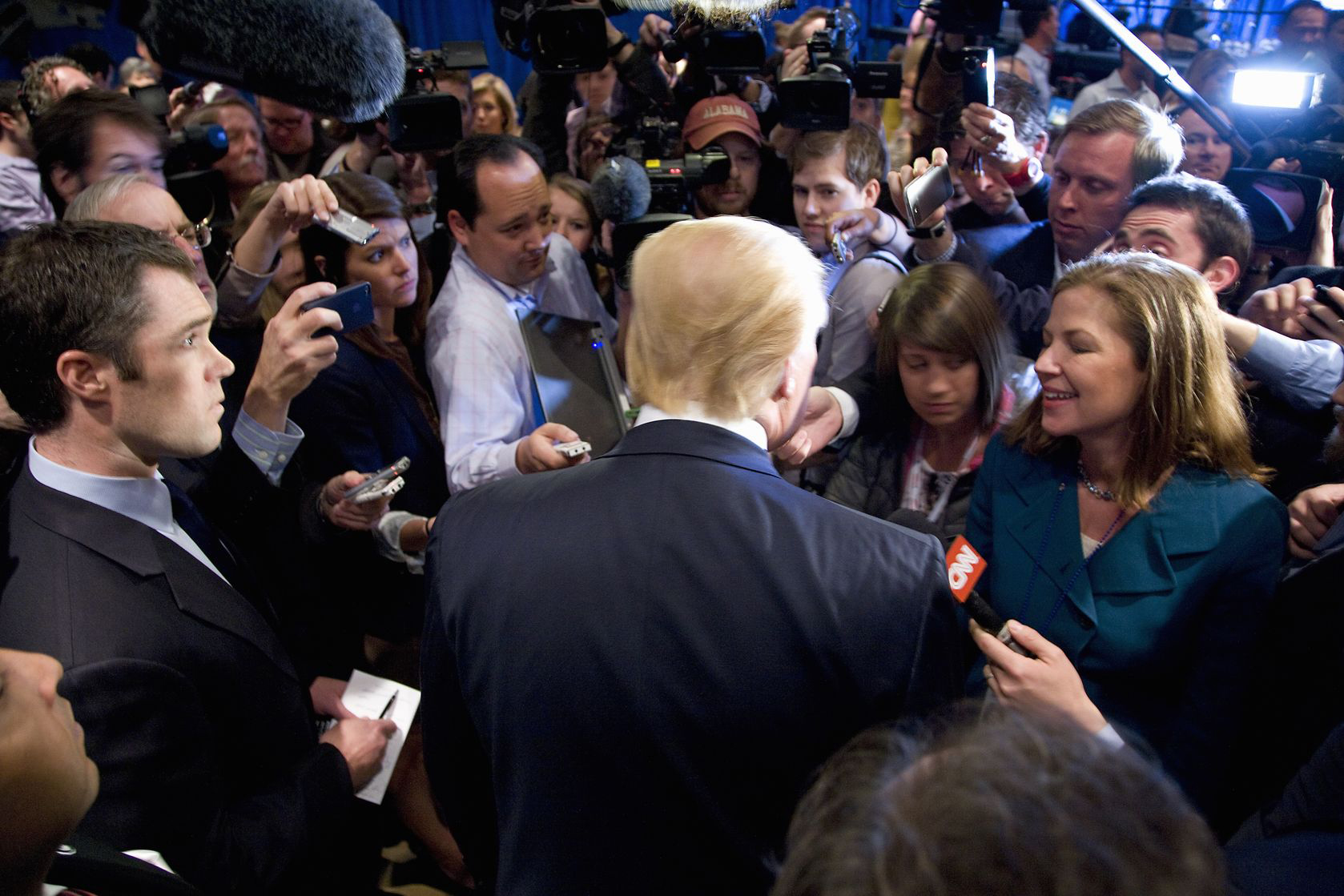Donald Trump´s campaign, and to some extent that of Bernie Sanders, have led foreign leaders and commentators to ask if the United States is entering a populist era. Americans themselves have asked the same question, but there is a difference: populism has more sinister connotations for Europeans and Latin Americans, to name the two regions where this perception of the United States is growing.
If we stick to modern history, European populism had three moments: 1) the rise of the Norodnik intellectual elites that tried to stir a peasant revolution in the 19th century — they failed but triggered the creation of agrarian movements in other countries; 2) the rise of extremism in the postwar economically devastated world of the 1920s and 1930s, when the Nazi vote went from 2.6 percent (1928) to 37.2 percent (1932) and countries such as Austria, Hungary, and Czechoslovakia suddenly experienced authoritarian movements of the far right; and 3) the success at the turn of the 21st century of far-left and far-right parties that targeted immigration and the European Union. For many Europeans, therefore, populism evokes extremism and authoritarianism, not the protection of the common folk against the elites.
Populism in Latin America started in the 1930s in part as a consequence of the failure of the 19th-century independent republics to turn into liberal democracies and market economies, and to some extent thanks to the Great Depression. This came to be defined by Argentina’s Peronism in the mid-20th century, but produced many different manifestations, from the left-wing mistrust of private property and individual rights to right-wing protectionism and concentration of political power beyond the limits of the law. For many Latin Americans, then, populism is the opposite of the rule of law, not the enemy of elitism.
In contrast, populism in the United States has positive connotations for people who tend to associate it with Jefferson and Jackson; the defense of common people, mostly farmers, against the mercantilist elites; and resistance to the abusive connections between big government and big corporations, particularly financial institutions. In the late 19th century, populism took on a more ideological shape, although it maintained its essential trait as the protector of the agrarian world against the urban powerful. This time there was a more defined platform that included various forms of statist interventionism. Populism’s vehicle, the People’s Party, later faded into oblivion, but the ideas were picked up to an extent by the Democratic, Republican, and Progressive parties and played a role during the Progressive Era.
However, in time populism recovered its old prestige in the eyes of people who did consider themselves not interventionists but rather classical liberals or even conservatives. Jeffersonian populism maintains a mystique among Americans who would despise the European and Latin American varieties. Hence the difference between what populism means to many Americans today and what it represents in Europe and Latin America.
Nevertheless, most Europeans and Latin Americans who speak and write about the Republican and Democratic primaries wonder whether their kind of populism is on the rise in the United States. They base this particularly on Trump’s diatribes against immigration and international trade, as well as his general demeanor and language. But they also base it on Sanders´s class-based redistributionist message.
In other words, European and Latin American commentators do not see behind Trump an American electorate desperate to stick it to the elites in the name of good old republican values; nor do they see behind Sanders a revolt against the elitism that has engulfed the Democratic Party (as well as the Republican Party) for years. Rather, they sense the emergence of the same illiberal forces they have experienced or are now experiencing themselves.
Thus in the perception of many outsiders, Trump and Sanders have in some ways transformed American populism into a mix of European- and Latin American-style populism without the candidates, or their voters, necessarily knowing it. Which is why in some countries there is shock, disbelief and, increasingly, fear about the American election.













